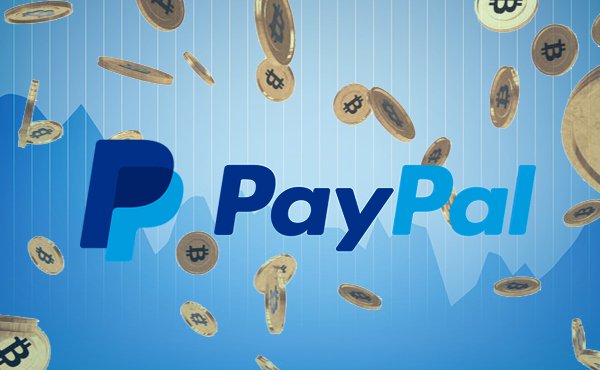The Ministry of IT & Telecom (MoITT) is being given four months to bring PayPal into Pakistan, said Finance Minister Asad Umar.
A US-based financial service, PayPal is an online money transfer system that is used by consumers, freelancers, and businesses worldwide. The previous government also pursued efforts to bring the internal financial service to Pakistan. However, the service remains to be unavailable in Pakistan, an emerging potential market.
In order to engage PayPal, the MoITT as been asked to form a task force that will convince PayPal to introduce its services in Pakistan. If the engagement is not fruitful, then MoITT will work on launching a homegrown online payment system. The Finance Minister also indicated readiness to meet the CEO of PayPal and present Pakistan as a potential market.
The need for PayPal in Pakistan
According to Online Labor Index published by Oxford Internet Institute in 2017, Pakistan ranks fourth in the freelancing market earning over and constitutes nine percent of freelancers of the world. In an estimate, Pakistani freelancers earn over $500 million annually. Currently, this potential freelancer base faces a lot of challenge to receive payments from international clients.
Pakistan has already crossed $1 billion in IT exports and the government is aspiring it to grow over $10 billion by 2025. Therefore, PayPal will be a relief for the Business Process Outsourcing (BPO) industry of Pakistan. The service will also give a boost to e-commerce companies, moving consumers away from conventional payment methods and enabling traders to optimize service with this digital payment gateway.
All the times Pakistanis got excited for PayPal coming to Pakistan
In 2015, a spokesperson from PayPal revealed the company’s interest in Pakistan, PayPal at that time was seeing Pakistan as an opportunity to expand. The same year, the then Minister of IT Anusha Rehman shared plans of the government to invite global tech companies such as PayPal, Ebay, and Amazon to Pakistan. However, these ambitious plans were welcomed by cynicism and a reality check that international companies like PayPal will only arrive in Pakistan if there is a strong legal and financial regulatory framework in place. While PayPal confirmed its interest to arrive in Pakistan in 2015, it was speculated that the service would most likely arrive no sooner than 2017.
In 2017, the former Minister of Commerce Khurram Dastagir also indicated, in efforts to pave a way for a digital economy, the government was working with the State Bank of Pakistan to bring international payment gateways to the country. including PayPal. However, the efforts did not reach a conclusion.
Earlier in 2017, the former Minister of IT also indicated that AliPay now known as Ant Financial will kickstart operations in Pakistan. Ant Financial is also a mobile and online payment service, that is an affiliate company of the Alibaba Group. The announcement was followed by the company’s investment in Telenor Bank in March 2018. It is expected that Ant Financial will start its services in Pakistan by the end of this year.
The challenge faced by the current Pakistani government is not to rekindle the conversation with PayPal, but to develop a roadmap for the introduction of the online payment service in the country. PayPal will require an insight into data indicators about the demographics, financial inclusion, banked population, and market size, along with strong justice and regulatory frameworks pertaining to cyber-crime and financial frauds. Moreover, the State Bank of Pakistan will have to play a key progressive role to convince PayPal. The bureaucracy and red-tape policies in the banking sector will only deter international technology companies from launching their operations in Pakistan.
Here is to hoping that the four months assigned to MoITT will prove to be revolutionary for the Pakistani technology ecosystem. Meanwhile, we shall continue to show the same enthusiasm and excitement whenever we hear PayPal and Pakistan in the same sentence.











